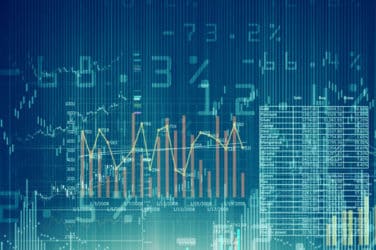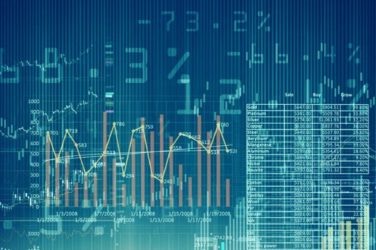
Fragmentation of liquidity in equity markets is being exacerbated by dark pools and algorithmic trading, and smart order routers, creating a quandary for buy-side institutions.
“One of the greatest challenges facing buy-side traders in today’s fragmented environment is effectively sourcing liquidity to preserve the alpha in each trade for clients,” said Ryan Larson, head of equity trading, U.S. at RBC Global Asset Management.
The chief executives of Nasdaq OMX, NYSE Euronext, and Bats Global Markets met with the Securities and Exchange Commission on April 9 to lobby for regulatory curbs on dark trading, in particular a requirement that operators of dark trading venues provide mandatory price improvement over quotes obtained from lit markets.
Non-exchange trading has increased in the last five years, from 15% of total trading to over 35% today, and the number of securities with greater than 40% off-exchange traded share has doubled in the past year to over 49% of stocks, the executives said in their presentation to the SEC.
Bats Global Markets has begun issuing market quality reports that provide metrics on the quality of order execution for all U.S. exchanges on a stock-by-stock basis.
The reports show the effective spread, or measure of marketable orders executed in relation to the National Best Bid or Offer (NBBO), on a market-by-market basis for all stocks listed in the S&P 500 Index and Bats 1000 Index, as well as the top 100 corporate issues and top 100 exchange-traded products.
The lower the effective spread, the more a market center delivers price improvement to investors, through executions against midpoint orders, for example.
“These reports are designed to provide investors, brokers, and traders with more information on how securities trade on different exchanges,” said Chris Isaacson, chief operating officer of Bats Global Markets. “We are pleased to provide these objective statistics free of charge to investors and our members to assist them in making informed decisions about where best to execute their trades.”
In their presentation to the SEC, the executives said that non-exchanges are uniquely ale to utilize various practices that confer an unfair advantage, such as the ability to trade at the NBBO without quoting; ability to offer de minimis price improvement; no pre-trade, and limited post-trade transparency, and lack of regulatory obligations, including the rulemaking process and publicly-disclosed rules.
“Incentives to provide liquidity in public markets are minimal as a result of toxic order flow creating more volatile market conditions, the executives said. “This materially decreases overall market quality and impairs the public market price discovery process.”
They cited an Australian regulatory report on dark liquidity dated March 18, 2013, which concluded that dark trading is impairing market quality, and is leading to wider spreads and less depth. The report recommends “meaningful” price improvement for dark pools, as well as a size threshold where there’s evidence of market quality erosion.





